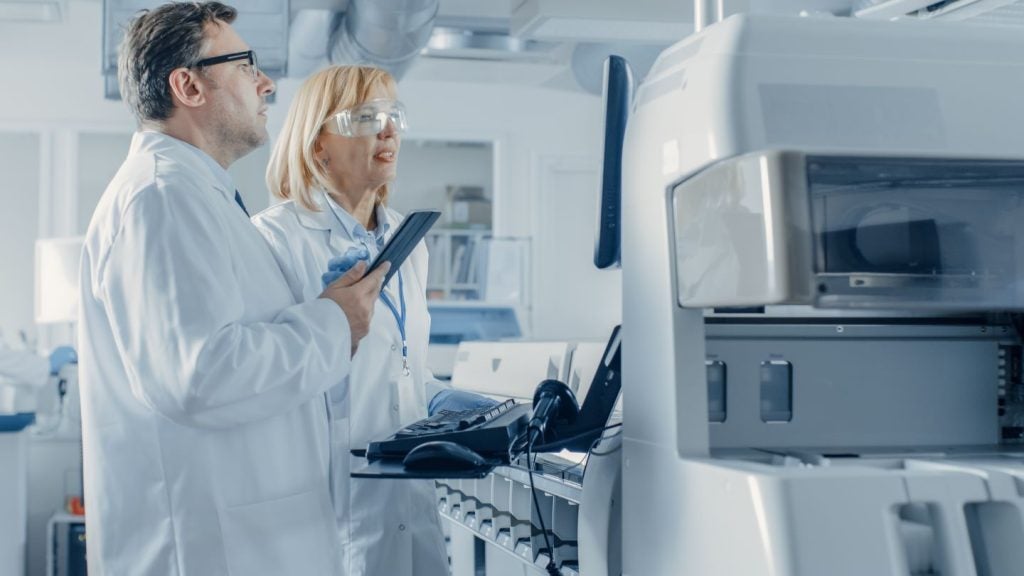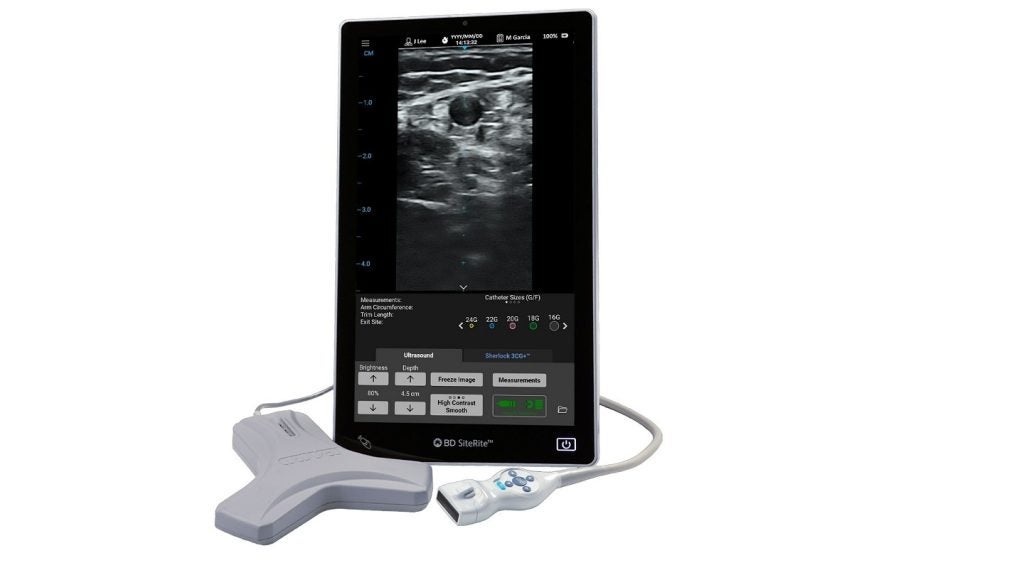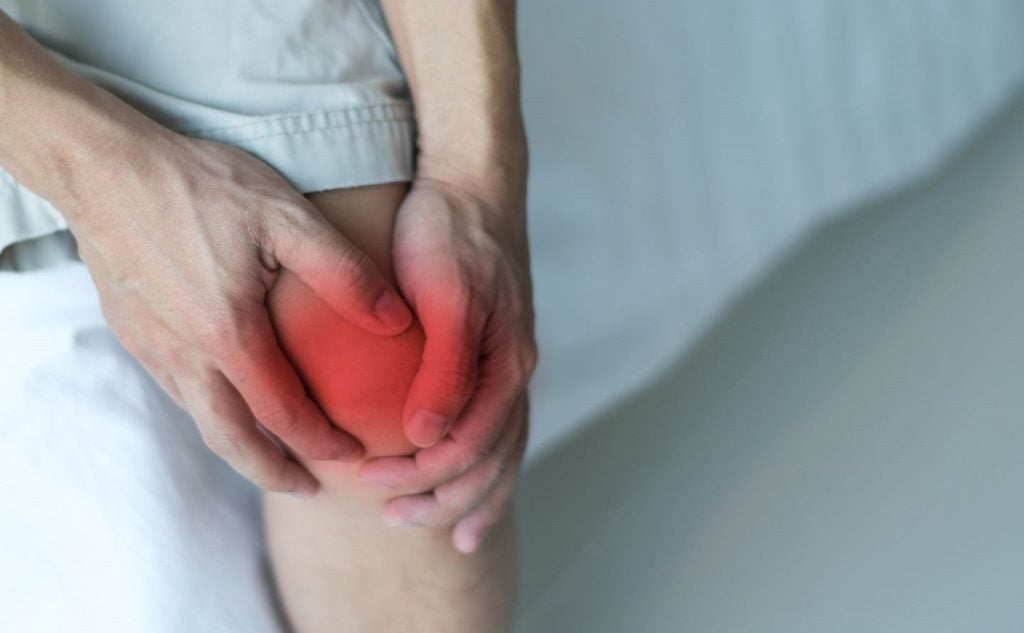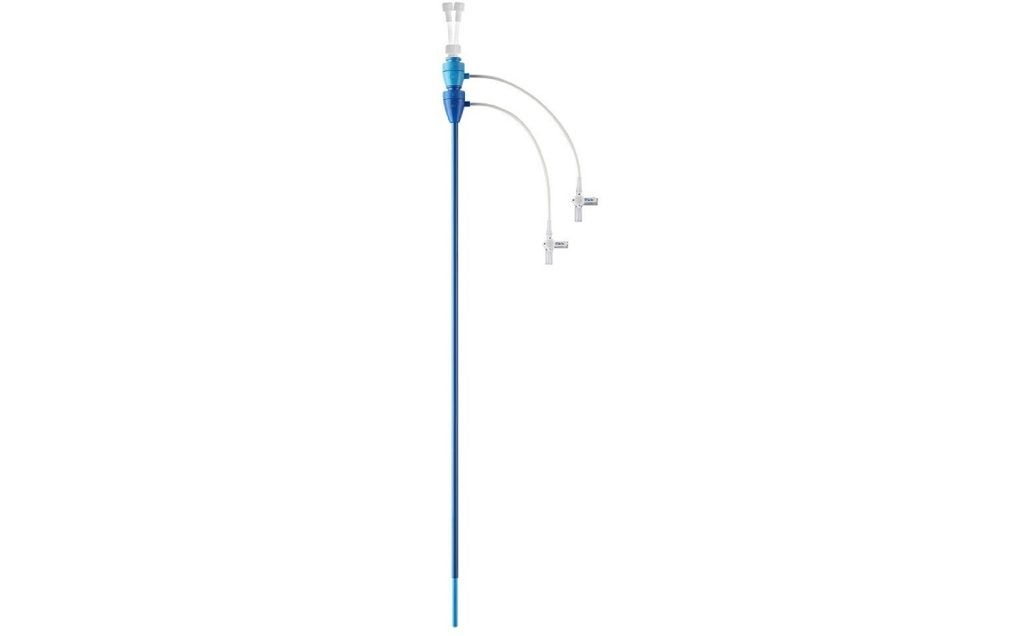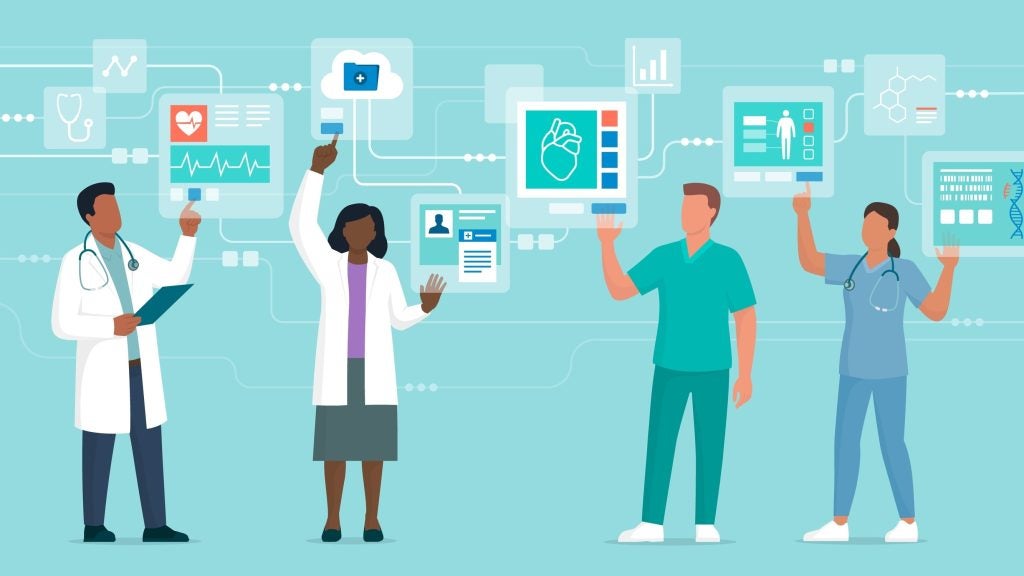Wearable tech firm Empatica has announced it is developing a clinical trial intent on using artificial intelligence (AI) and wearable technology to build an algorithm capable of predicting refractory seizures.
The company has said that it will begin enrollment early next year for a study that will look to provide real-world data to build AI to identify individualized periods of seizure risk for patients with epilepsy.
The system is intent on using biomarkers and pattern changes in a patient’s lifestyle, detected through the use of the company’s Embrace smartwatch, to forecast refractory seizures ahead of time. Refractory seizures occur when anti-epilepsy medicines are no longer able to control the condition, making them especially important to predict.
Rosalind Picard, co-founder of Empatica, said: “Seizure forecasting has long been among the most-requested features for people with epilepsy. We are excited to announce our plans to begin a large clinical study aimed at using wearable technology to enable reliable seizure forecasting,”
“Patients with epilepsy understand the toll that uncertainty around seizures takes and we hope that this study will help give them better control over their life, reducing stress and perhaps also enabling early interventions that ultimately reduce or prevent seizures from happening.”
The company, which was initially a spin-off of the Massachusetts Institute of Technology (MIT) Media Lab, previously attained US Food and Drug Administration (FDA) clearance in 2018 for the use of its Embrace Smartwatch for use with adults, and later clearance in the pediatric market.
Previously, a 2021 study conducted at universities in the UK and Australia alongside the Mayo Clinic, concluded that seizure forecasting using a ‘noninvasive wrist-worn multimodal sensor’ produced significantly better results compared to another method known as ultra-long-term recording.
It also follows after Empatica previously received a European CE mark for its Aura system, a device intended to use smart watch-gathered biometric data to detect raspatory conditions such as Covid-19, clearing it for use in the EU.
It also received further FDA 510(k) clearance in November of this year allowing the company’s health monitoring platform to gather data from a user’s pulse and raspatory rate for use in predicting a number of conditions
A report published by GlobalData found that the wearable tech industry was worth an estimated $99.5bn in 2022 with that number expected to grow to $290.6 billion by 2030, with smartwatches making up the second largest sector in terms of growth.






